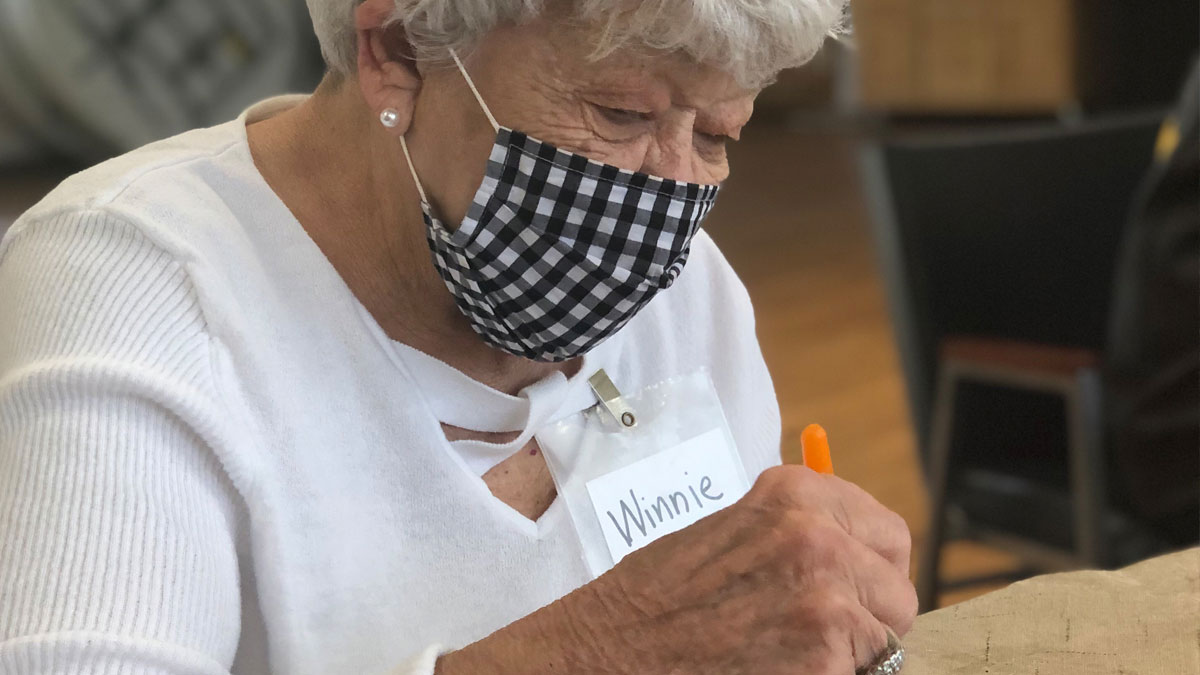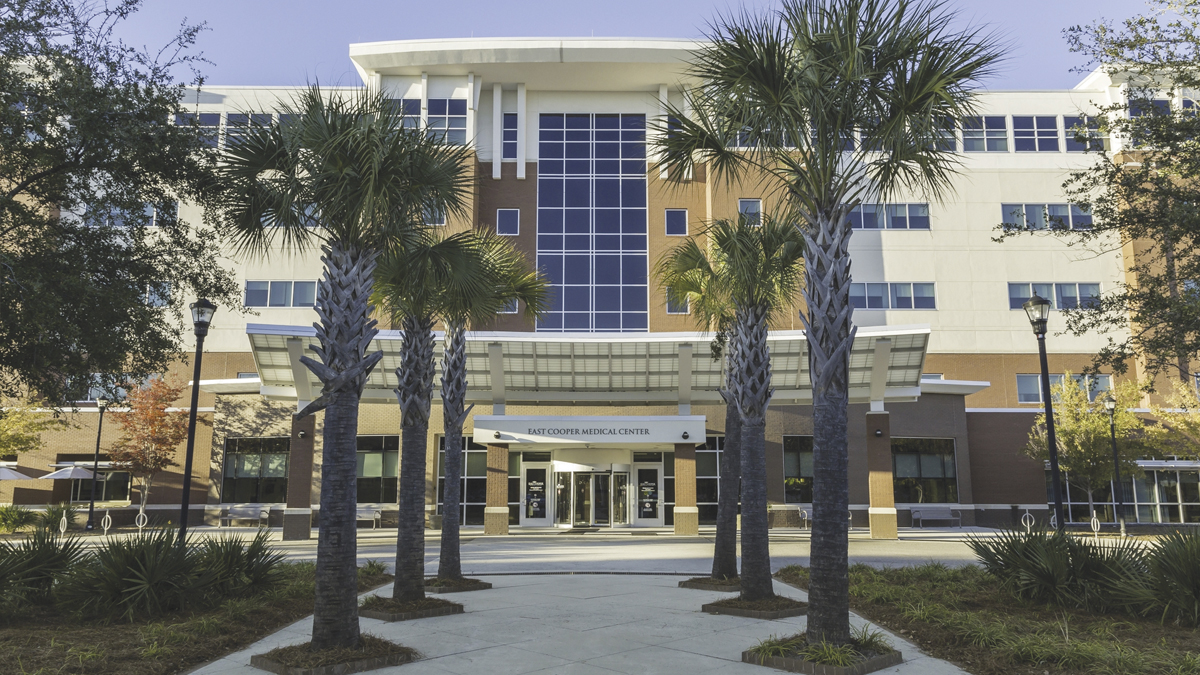Working for a nonprofit that was designed specifically to provide support to caregivers for dementia patients through group activities has been, to say the least, an overwhelming challenge during the COVID-19 pandemic.
One year after scurrying to adapt existing programs to online and having to come up with new ways to help families living with various types of dementia, including Alzheimer’s, Respite Care Charleston Executive Director Sara Perry is grateful and relieved to see the organization finally coming out on the other side. At last, she can see the light at the end of the tunnel.
Respite Care Charleston facilitates support groups and offers half-day respite care, giving caregivers much-needed time off and giving their loved ones with dementia the chance for socialization and activities such as singing, painting, memory fitness and light exercise. Following an extended suspension of in-person activities, the organization has now re-opened three locations for in-person respite care – in West Ashley, Mount Pleasant and James Island – and two sites for in-person support group meetings. Hopefully, services will resume in North Charleston and Johns Island by mid-2021.
Meeting in-person does not come without COVID provisions, Perry said. The organization continues to practice COVID precautions like wearing masks, social distancing, limiting the numbers and temperature checks.
“Most of our clients have had the vaccine, but, because we serve such a vulnerable population, we’re still vigilant with our precautions,” she said.
For many families, life with dementia is isolating, and respite care and in-person support groups are a lifeline for managing the stress of caregiving. Respite Care Charleston has created a unique community where caregivers and families can connect with others who are experiencing similar challenges and share information, help problem solve and encourage one another.
Perry said her goal is for caregivers and clients to know they are not alone.
While Respite Care Charleston’s current respite programs are geared toward clients in mid- to late- stage dementia, Perry said the organization recently launched a new program for clients in the early stages of dementia.
“The newly-diagnosed clients want to stay connected, and they have so many questions. Although we’ve always offered a support group for early-stage dementia, this new program gives them the added benefits of socializing while exercising their minds and educating them about their future with dementia. We talk about how to manage stress, how to communicate your wishes with family and other topics they express interest in. It is whatever they want it to be,” she explained.
Respite Care Charleston holds a golf tournament every year at the Seabrook Island Club to help fund their programs and provide respite scholarships for families with financial need. A modified tournament was held in November 2020, and they hope to build upon that success with this year’s event on Oct. 11.
“COVID has been extraordinarily stressful for our clients and caregivers. Routine is important for managing dementia symptoms, and the pandemic completely threw off those routines and left caregivers feeling more isolated and alone than ever. It has taken a toll, so, needless to say, we’re excited to be back up and running with in-person programs. The clients and their caregivers need this so much,” Perry concluded.
For more information on Respite Care Charleston, visit www.respitecarecharleston.org.
By Theresa Stratford






